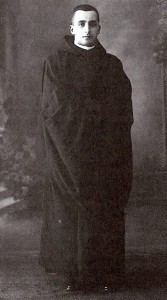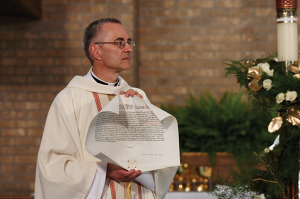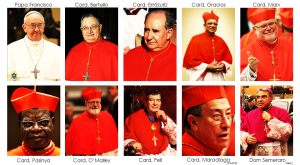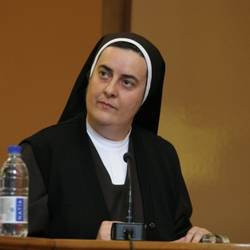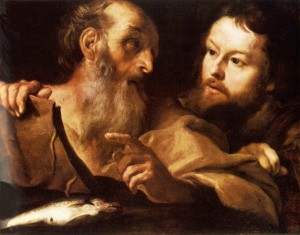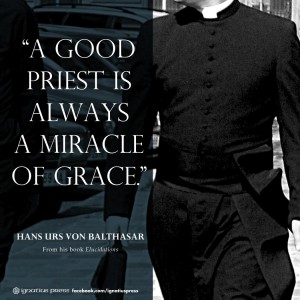Sometimes others can reflect back to us our own perduring mission and charism given by the Spirit. Here Orthodox theologian Father John Meyendorff gives a trajectory for us to comprehend, and to recover.
“. . . all true civilizations have discovered that the energy of youth should not be immediately directed to action, but should first given the opportunity to learn at the school of experience of others, in order to benefit future responsible service from the wisdom of the past. In the Orthodox Church this rather obvious truth is not simply matter of common sense. It has absolute, theological dimension, because we believe that there is no church without Tradition. The Orthodox faith is not a sect improvised by an enthusiastic preacher in the American Bible-belt; it is the catholic faith of the Apostles, the Fathers, the councils, the saints of all ages, and there is no way in which one can live it, or preach it, before learning first and becoming rooted in Holy Tradition. This requires responsible effort and patience. To bypass this responsible process, by simplified “super-Orthodox” heresy-hunting, by growing of beard and hair, or the formal preservation of the nineteenth-century liturgical minutiae would be caricature of traditionalism. Indeed – as anyone cognizant of the early Church, or of St Basil the Great, or of Photius of Constantinople, or of Orthodox historical and theological literature of the last two centuries knows – one cannot preserve Holy Tradition by freezing it in forms and formulae of one particular historical moment. If one does that, one cuts oneself from the past, as well as from the living responsibility of the present: the Russian Old Believers are a tragic example of this. Holy Tradition implies uncompromising and total faithfulness to the apostolic preaching, unchanging, but also living and saving. It alone teaches how to avoid the pitfalls – so typical of Protestantism – of fundamentalism and liberalism. It alone allows us to separate not only Truth from falsehood, but also the essential from secondary. Maintained by the succession of bishops, it also requires knowledge and discernment by all. In our youthful enthusiasm to build the Church in this country, let us build the Church catholic – which is two thousand years old – and fight the dangers of ignorant amnesia.”
John Meyendorff. Witness to the World (Crestwood, NY: St Vladimir’s Seminary Press, 1987),192-193.
